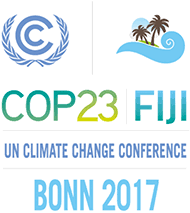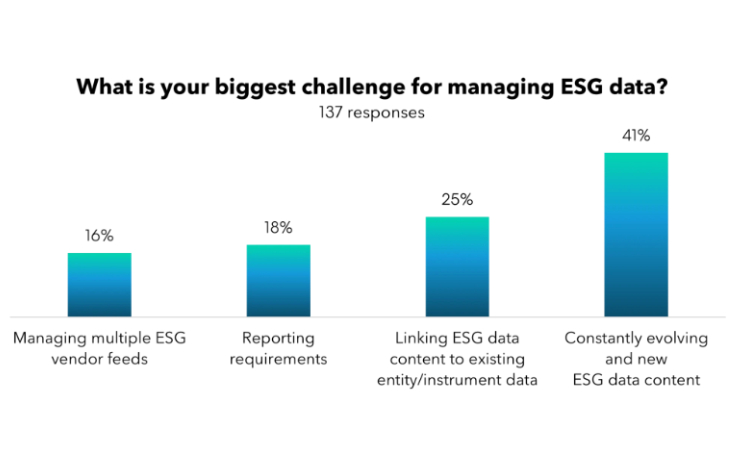A month ago I had the pleasure of attending COP23 conference in Bonn, Germany. COP23 is the twenty third annual UN Conference on Climate Change a meeting of governments and politicians on action to address climate change. This year’s conference was about the detail: developing rules to support the framework setup under the landmark Paris Agreement.
With ESGI expanding its sustainability and green financing services into Africa and Asia, the conference provided an excellent platform to connect with multi-lateral development banks (EIB, NiB, KfW), and discuss approaches toward structuring renewable and sustainable projects in emerging markets. In particular, talks highlighted the use of blended finance – the mechanism of public sector involvement used to mobilise private capital flows toward emerging market projects. Through risk underwriting and market incentives, public organisations can de-risk projects and improve their risk-adjusted returns making them more attractive to private sector investors. One such example is AfricaGreenCo, a publicly owned corporation aimed at intermediating PPA agreements between off-takers and producers in Africa.
Discussion on Green Bonds at the conference highlighted the lack of supply in green bonds to meet investor demand. This demand is being supported by European pension funds who are being incentivised by government to invest in green projects and investments globally. Credit rating agencies were present and explained incorporating environmental & climate risks, as modifiers in their rating processes. The material impact of environmental risk on credit ratings is their ability to notch ratings up or down, depending on their exposure i.e. Ratings for utilities/power typically notched down by two due to carbon transition risk.
The Nordic pavilion hosted an interesting panel on financing the green transition, and highlighting the need for clear definitions on sustainability, and performance tracking to incentivise investors. I was also fortunate enough to meet with members of the newly launched Luxembourg Green Exchange (currently ranked fist based on global share of listed green bonds). The LGE ensure a high quality of “greenness” of their securities through full disclosure of green credentials (use of proceeds, external review, post issuance reporting).
There is keen interest in listing emerging market, green securities on their platform.
The conference provided a great opportunity for Sustainable Future Group to be involved at the nexus of industry and policy, and we look forward to collaborating again at future conferences.
Contact us to discuss how your organisation can reduce ESG risks, create an effective ESG strategy, reduce their carbon footprint and better manage ESG risk in your supply chain.










